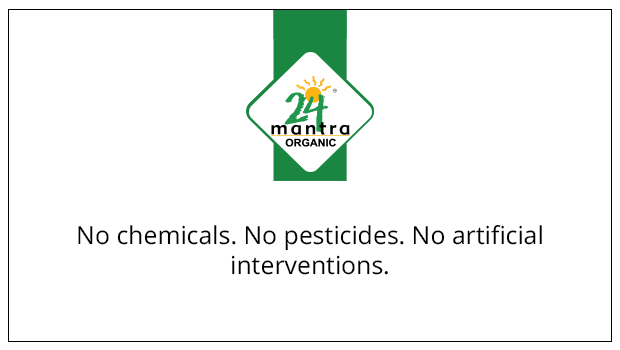- MOST RECENT
What is Food Adulteration?

What is Food Adulteration?
 24.06.2019
24.06.2019
According to Food Safety and Standards Authority of India (FSSAI), “food adulteration is an act of intentionally debasing the quality of food offered for sale either by the admixture or substitution of inferior substances or by the removal of some valuable ingredient”.
food adulteration may be
- Deliberate addition
- Substitution
- Removal of substances
which adversely affect the quality of foods. food adulteration also encompasses incidental contamination during different stages food goes through such as the growth, harvesting, storage, processing, transport, and distribution.
Any substance which is added to the food which makes the food unsafe or sub-standard or misbranded or containing extraneous matter, comes under food adulteration
When can we say the food is adulterated?
food adulteration has been a major issue since ancient times as it decreases the quality of food and it can be injurious to health. These are some of the situations when we can call it food adulteration.
- If the quality/purity is affected and is not what it claims to be
- If a cheaper or inferior substance is used to replace a valuable component in whole or in part.
- If a valuable constituent of the food is removed to any extent
- If any substance is added to increase the weight or bulk of the product
- If it, at any stage of preparation/processing has undergone a change which might be injurious to human health
- If the product contains any substance which is deleterious to human health or in any way injurious to health
- If any food additive used that goes beyond the prescribed limits
According to the law, there may be several other conditions in which different things may be considered as food adulteration though they may not seriously harm humans upon eating them. It may be simply that they are not what they are supposed to be or claim to be.
Why are foods adulterated?
food adulteration by the producer/manufacturer/retailer happen to increase their profit margins. They may also do it to withstand the competition in the market by lowering prices. They end up reducing the quality of the food products and sometimes this can seriously affect the health of the consumers.
food adulteration may be
- Deliberate (adding water to milk)
- Metallic contamination (metals present in pesticides, water or cans may end up in food). It may be accidental also.
- Accidental contamination (microbial or insect contamination during storage)
Detection of adulterants in food
To safeguard consumer rights and also their health, it is very important to have simple methods to detect food adulteration at least in foods that we consume on a regular basis. This will ensure that food safety is a priority and will decrease any health risks caused by food adulteration.
As a consumer, we on our part should be cautious and at least take certain steps to avoid buying into food adulteration.
- Make sure you buy from a trusted supplier.
- Do not buy from a place where the surroundings are unhygienic.
- Check for any microbial contamination or any other contamination which is possible visually
Small measures such as these taken by the consumer help towards preventing health hazards to at least some level. Government authorities should take stringent measures to stop adulteration by obtaining samples from the market regularly and testing them. Strict action should be taken against the vendors who adulterate their products.


